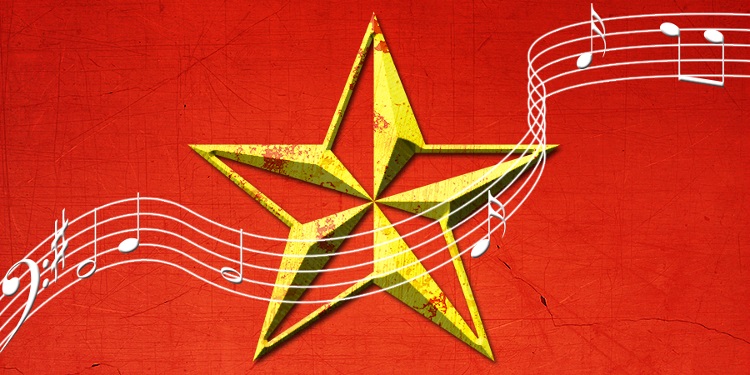Last’s week’s misunderstanding quickly transformed to rage with images of police, out of harm’s way, calmly reaching to pepper spray non-threatening bystanders, one at a time. Hong Kongers’ support for Occupy Central soared from “geek” to “peak” within a day. China opposes interference. Beijing backs the CEO of “China’s Hong Kong”, with no comment on their 1984 promise not to interfere in Hong Kong’s self-governance until 2047.
Ironically, Hong Kongers experienced more freedom and openness to new ideas after China’s takeover. Was that freedom only Beijing’s temporary gimmick? Or is Beijing genuinely on a learning curve, trying to understand the effective power of soft-servant governance? We’ll have to wait and see.
Hong Kongers want more than they can have, as explained last week, but they deserve more than they’ve been given. Pepper spraying targeted individuals when the police are not being threatened is cowardly, unbecoming of Hong Kong’s peaceful police, and is only asking for escalation. · · · →

